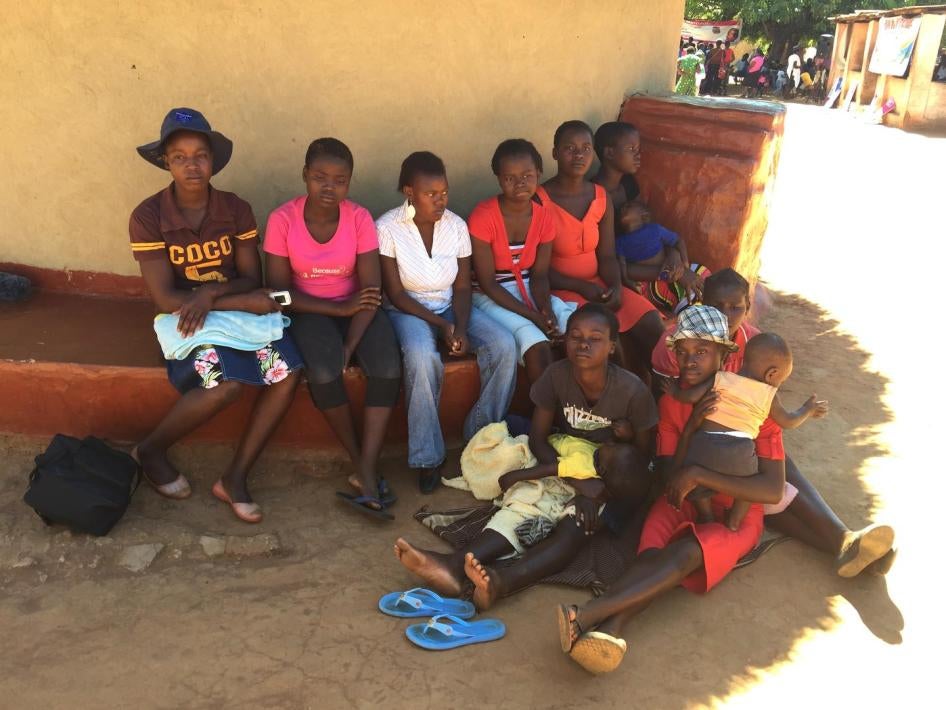Last week, Zimbabwe’s Vice President Emmerson Mnangagwa announced that the government is developing laws to make it a criminal offense to pay lobola (bride wealth) for girls under age 18. It was the latest hopeful sign that the country is moving in the right direction on ending child marriage.
In January 2016, the Constitutional Court declared the practice unconstitutional and set 18 as the minimum marriage age for girls and boys. This followed the notable October 2014 case of two courageous former child brides, Ruvimbo Tsopodzi and Loveness Mudzura, now aged 19 and 20 respectively, who sued the Zimbabwe government over its failure to curb child marriage.
But for millions of Zimbabwean girls, piecemeal government steps, as welcome as they are, will not be enough to end child marriage unless the country’s leaders take clear steps to implement the court’s ruling and end a devastating practice that robs girls of their rights and exposes them to abuse.
The United Nations says nearly one-third of girls in Zimbabwe marry before their 18th birthday and 4 percent marry before they turn 15. Child marriage is common in Zimbabwe’s indigenous apostolic churches, charismatic evangelical groupings that mix Christian beliefs with traditional cultures. They have millions of followers across the country.
Human Rights Watch investigations in October 2015, along with research conducted by other groups and UN agencies, documented the harmful consequences of child marriage: child marriage typically ends a girl’s ability to continue her education, exposes her to domestic and sexual violence (including marital rape), and increases her risk of HIV infection. Girls who get pregnant too early and too often face death or serious injury in childbirth.
In order to implement the Constitutional Court’s ruling, Zimbabwean authorities should amend or repeal all existing marriage laws that still allow child marriage and develop a comprehensive national action plan to end child marriage, in partnership with donors, community leaders, adolescents, and nongovernmental groups. In the interim, the government should ensure that structures are in place to implement the court’s decision and ensure that girls under 18 are not being forced into marriage.
Inaction in the face of the ruling should not be an option. The future of millions of girls depends on Zimbabwe’s government ensuring the court’s ruling is quickly and fully implemented.









